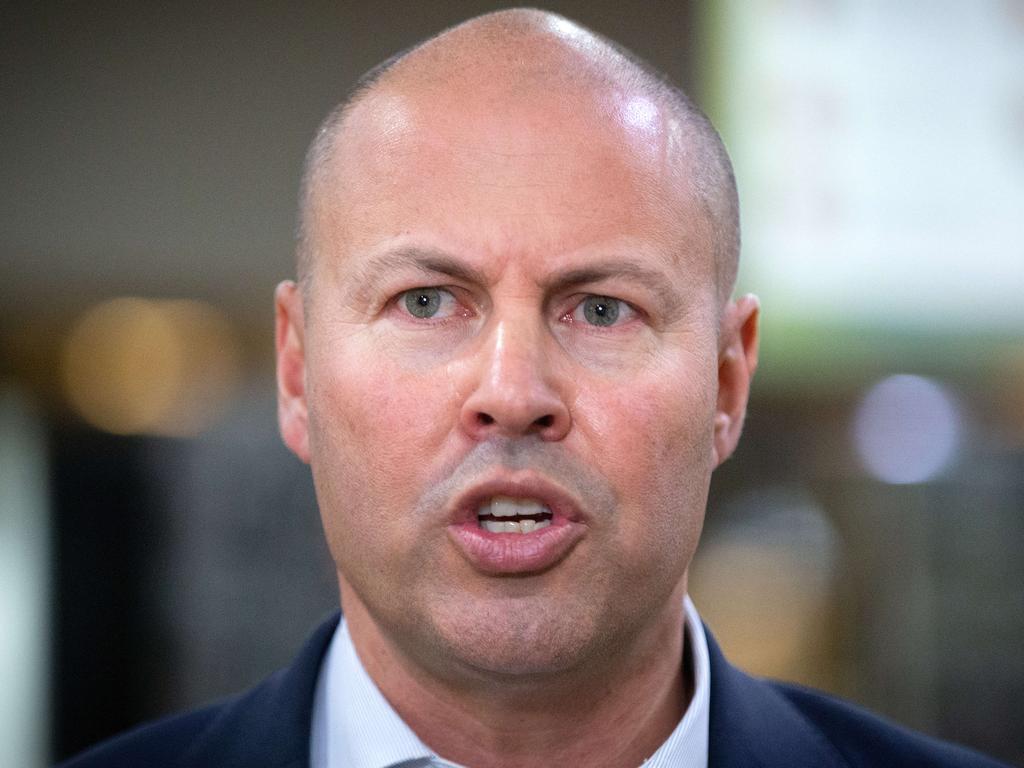Federal budget 2022: Josh Frydenberg’s clue for one industry
Treasurer Josh Frydenberg has dropped a big hint about funding for one Aussie industry less than two weeks out from the federal budget.
Treaurer Josh Frydenberg has dropped a huge clue about funding for one Australian sector in a major pre-budget speech.
Mr Frydenberg says that health spending will still increase in the upcoming federal budget that he’s declared will turn its focus to paying down the nation’s $1 trillion debt bill.
He was quizzed by business leaders after delivering his annual pre-budget speech in Canberra on Friday.
The Treasurer promised that families would receive “targeted and proportionate” relief measures from rising cost of living in Australia.
But he said that the time for crisis level economic support was over and the budget would now focus on budget repair.
Mr Frydenberg was asked if that would mean curtailing spending on health.
“Actually you’ll see further investments in health,” Mr Frydenberg said.
“So this budget will be putting more money into health and our health response, not less.”
He said this would not just be for the Covid response, but overall.
“This budget will show an improvement in our bottom line, not as a dividend, not as a result of cuts – from the opposite as a result of a growing economy,” he said.
“I couldn’t have been clearer in the speech.

“It’s not a time for austerity, it’s not a time to be pulling money out of the economy.”
Mr Frydenberg said the focus would be on reducing unemployment and getting more people paying taxes rather than being on welfare.
He was also asked about how Australia could improve supply chain issues.
He pointed to increasing manufacturing in key areas like pharmaceuticals and telecommunications equipment and increasing diversity with suppliers.
Mr Frydenberg also raised the Productivity Commission review into the nation’s ports that was commissioned at the end of last year.
It came after the Australian Competition and Consumer Commission’s stevedoring report for 2021 found the nation’s biggest ports operated well below international best practice.
“We would like to see a lot more efficiency in the work practices in our ports as well as the infrastructure settings,” he said.
“And that will then flow through to ultimately lower freight costs and, and flow through to companies.”




